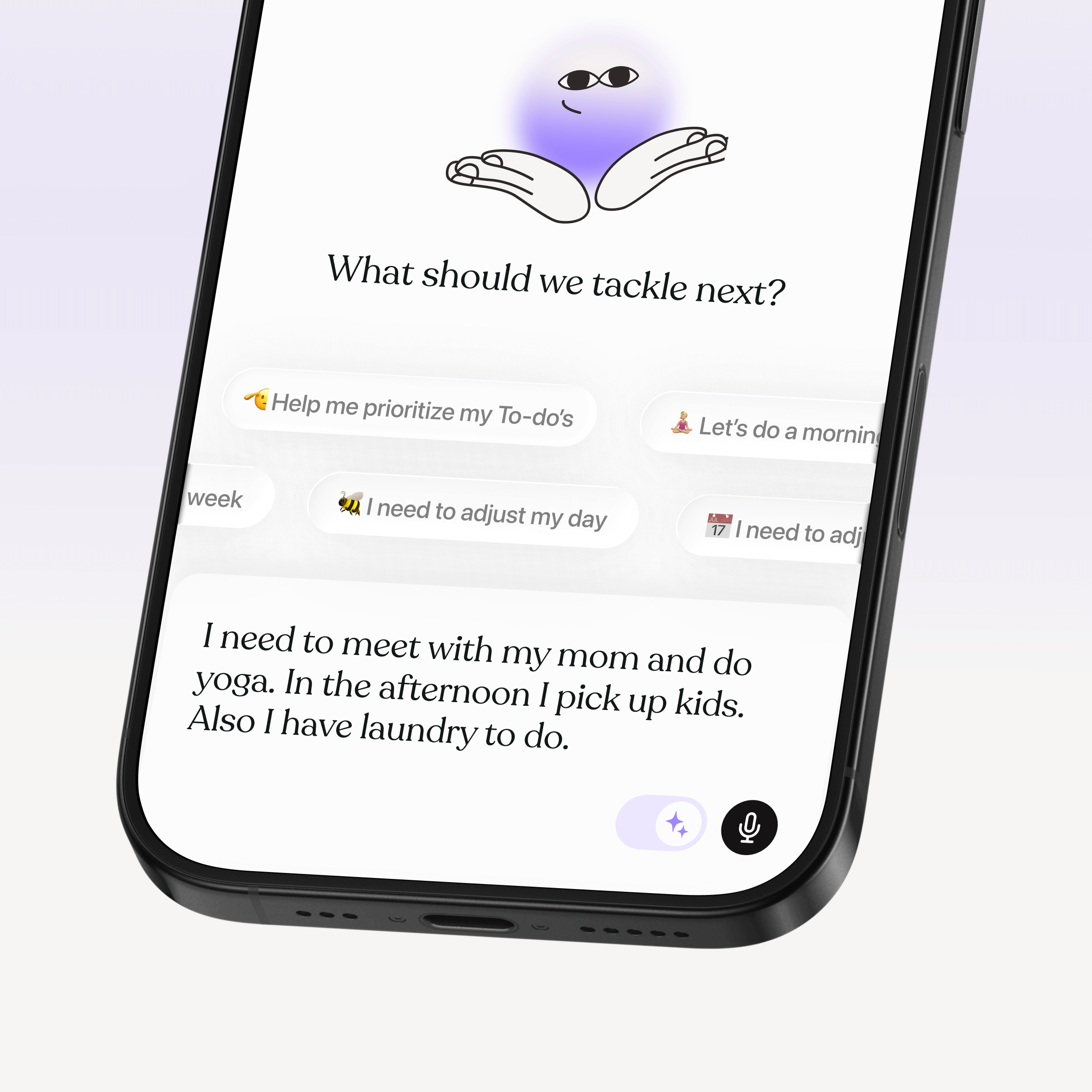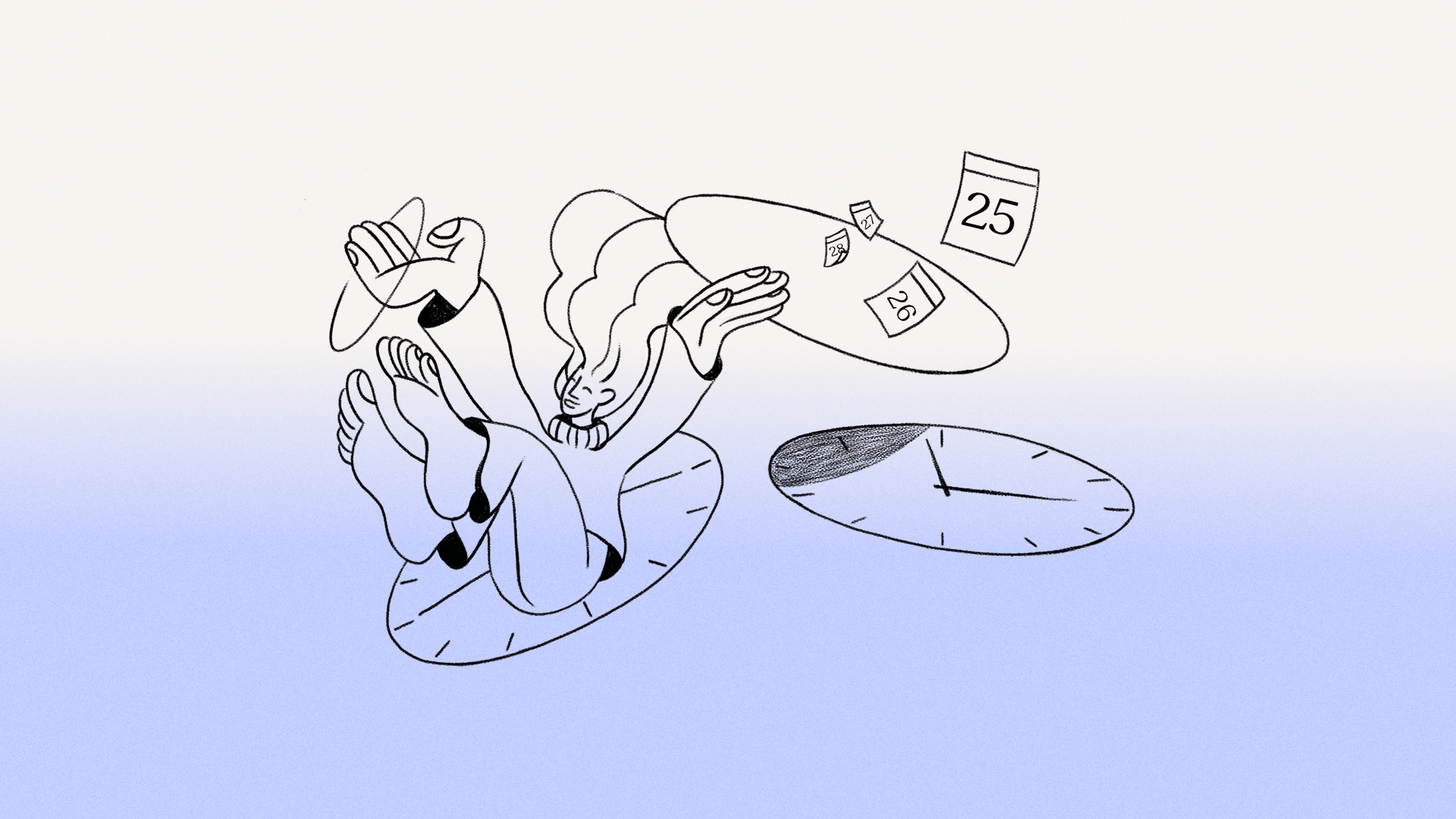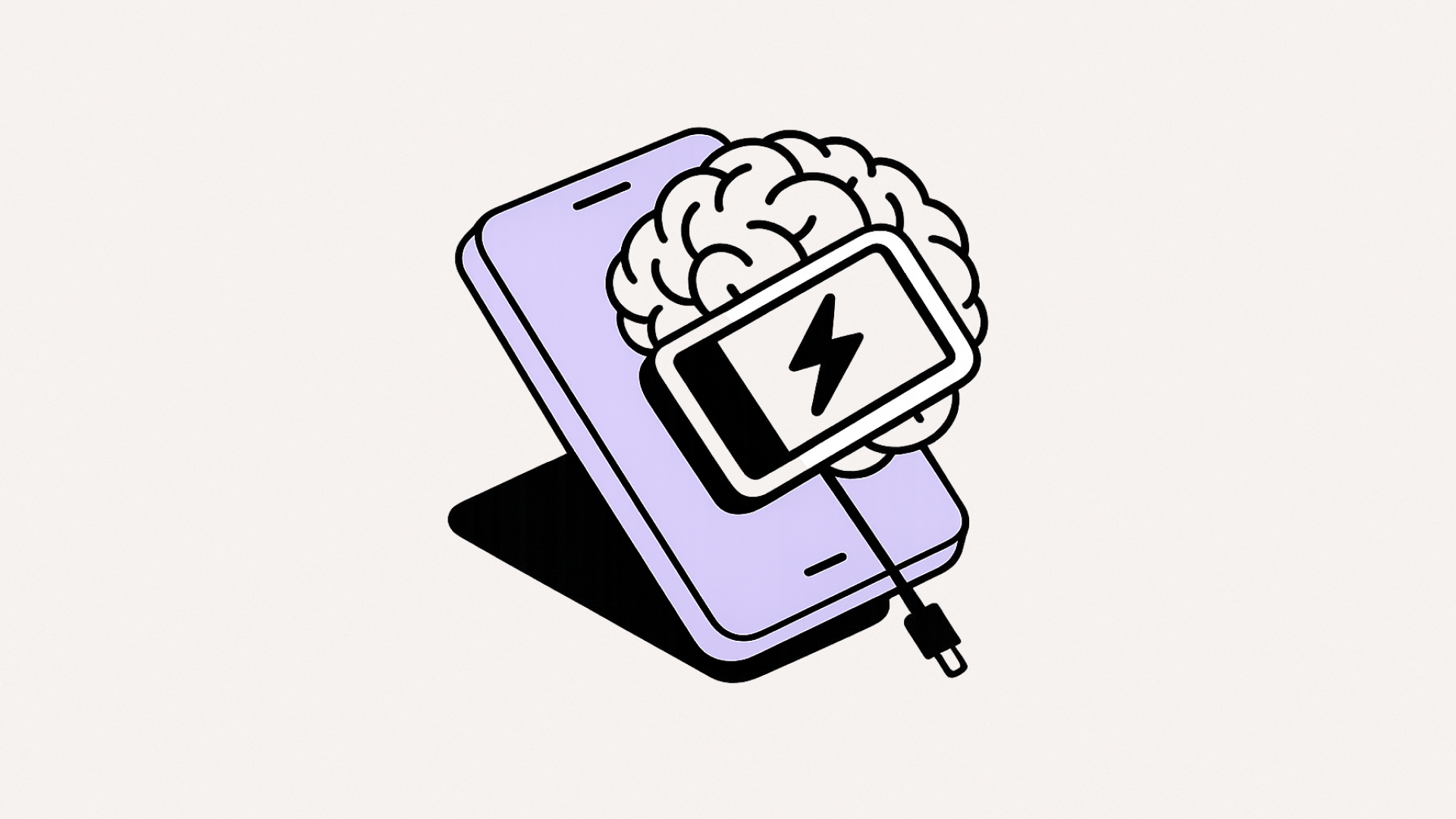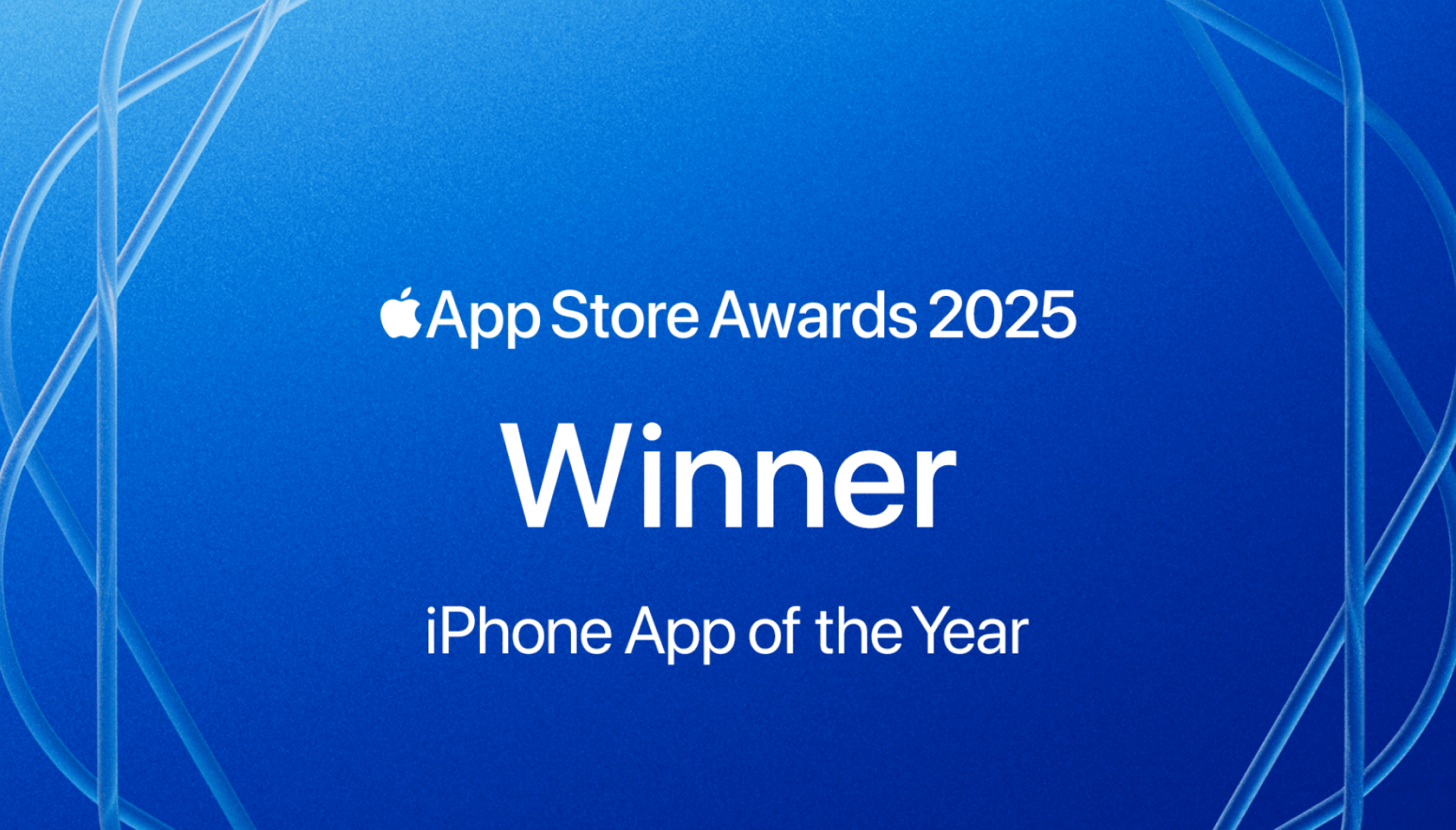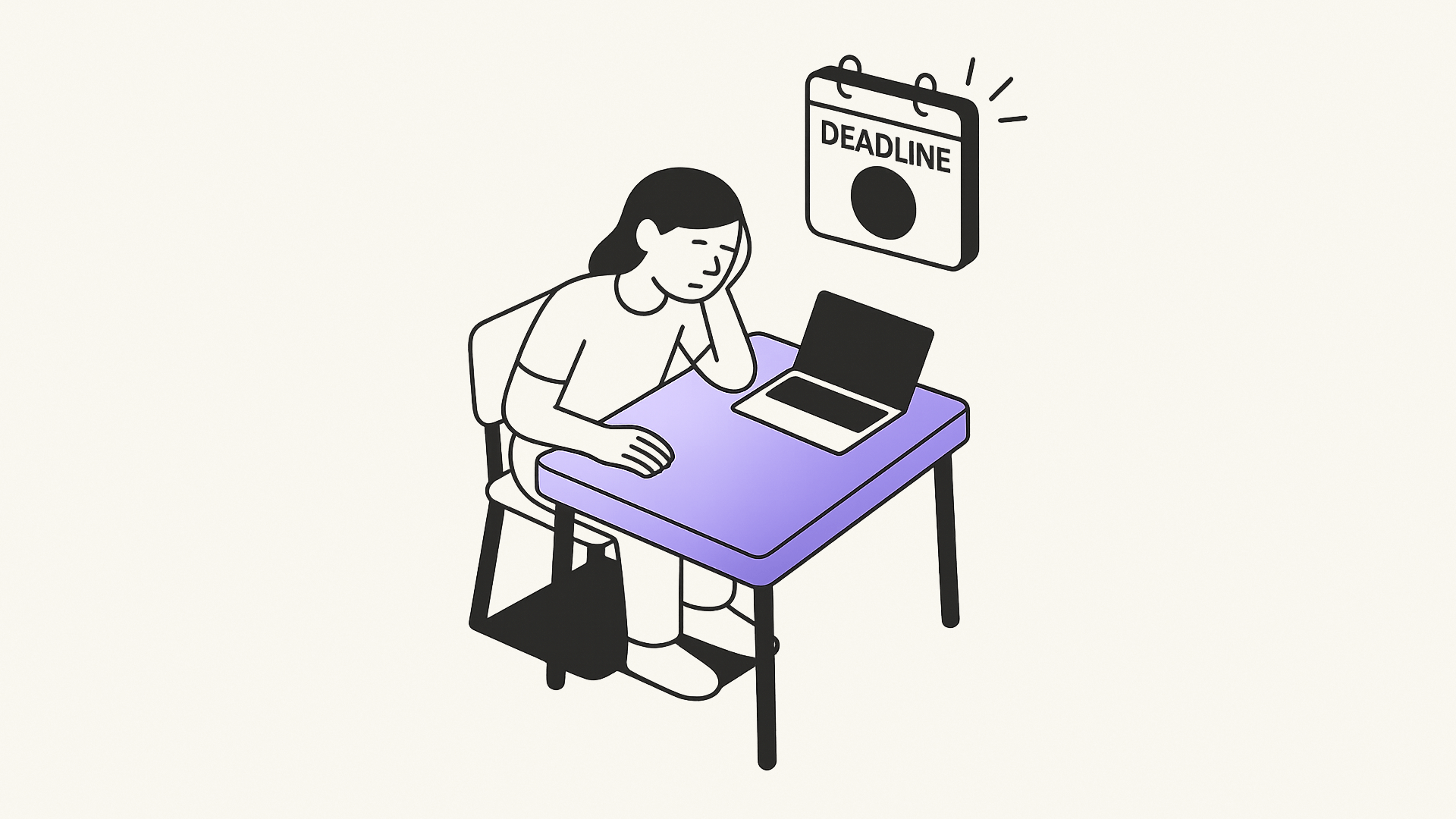
Plan your energy with the Spoon Theory
Energy management is for some people not a big issue. For others, they have to carefully look at their energy capacity and always plan ahead. The Spoon Theory helps you explain why there isn’t always enough energy in your inner account and helps you plan with more clarity.
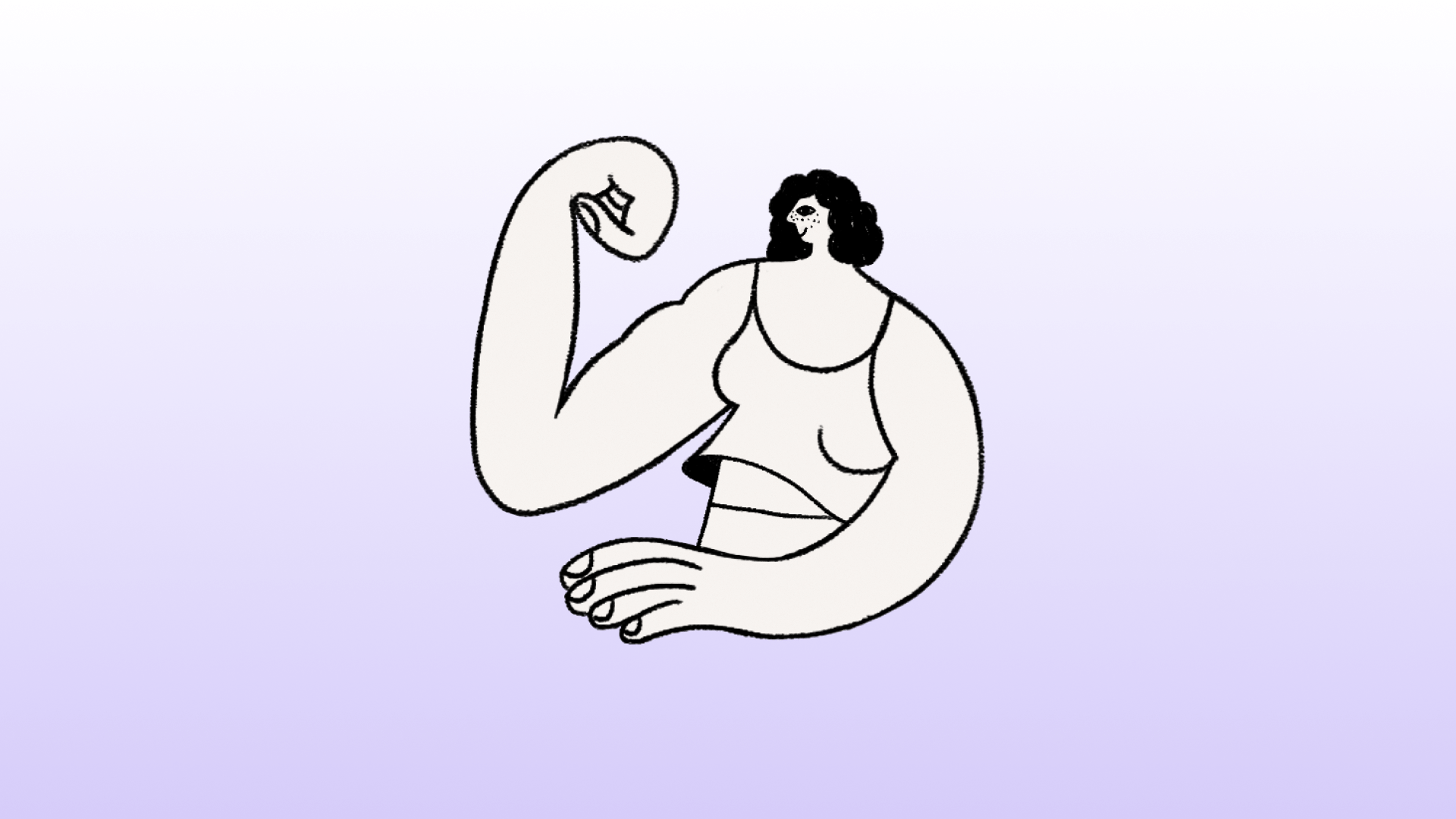
Avoid losing motivation and celebrate your wins
Losing motivation? You’re not alone. You start the day with good intentions… and then? You blink, and it’s 3 PM. You’ve been busy, but nothing’s finished. That motivation spark? Gone. This guide shares two simple review techniques: Winventory and Progress Check and one feel-good habit called Tiny Rewards. Together, they can help you build momentum, stay consistent, and actually feel proud of your progress.

Why AI is the next step in making planning more human
From its origins as a research project in Denmark to today's AI Co-Planner, Tiimo has always prioritized accessibility over efficiency. Here's how AI is helping us extend that philosophy to support users during their most challenging planning moments.

